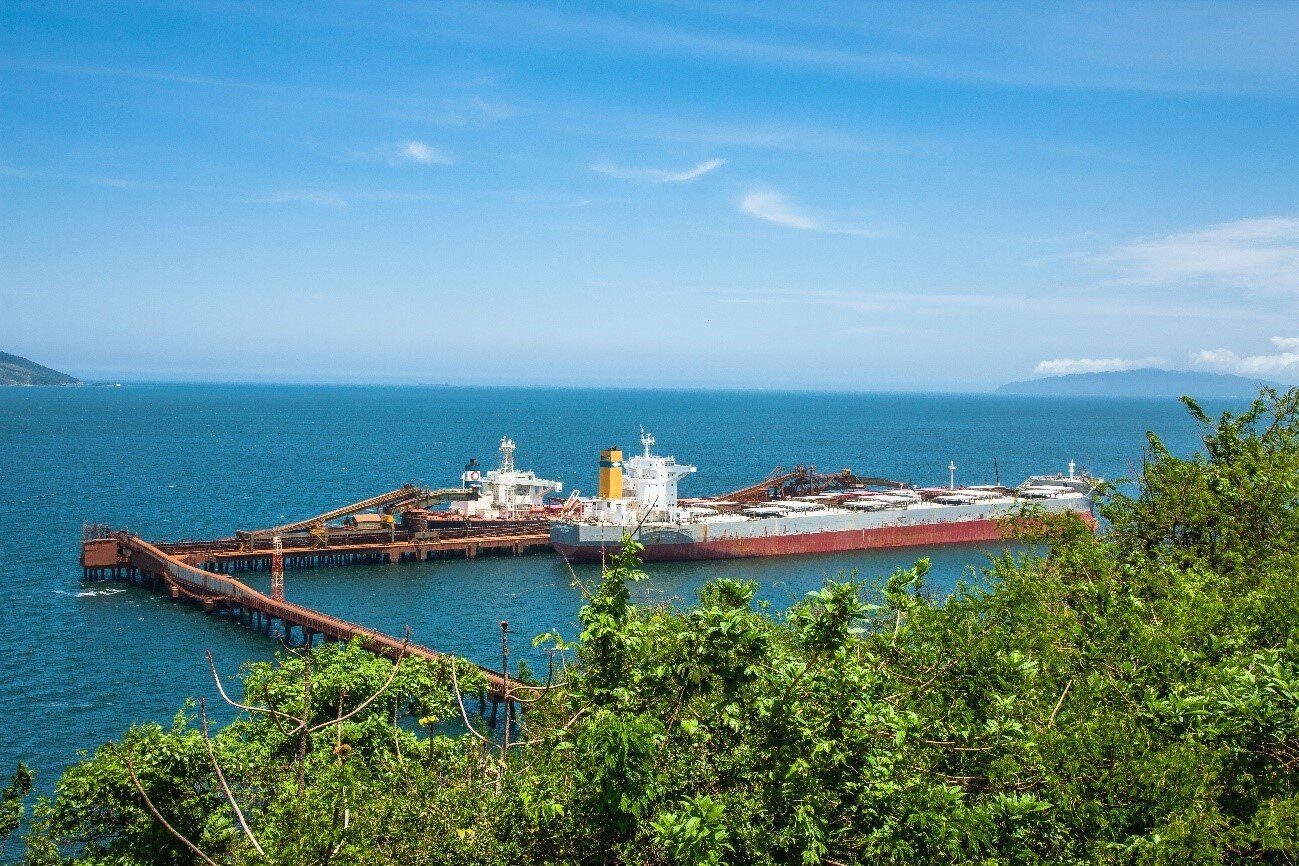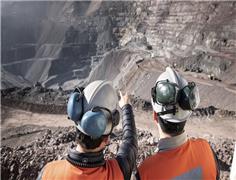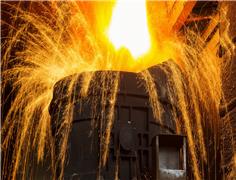- Write by:
-
Tuesday, February 20, 2024 - 19:29:14
-
101 Visit
-
Print

Mining giant Vale is looking at expanding the use of industrial batteries to power ports and mining sites, said the firm’s Energy and Decarbonization director Ludmila Nascimento, in a move that would boost an industry still in early stages in Brazil.
Since last year the firm has used a battery system installed at its Ilha Guaiba Terminal (TIG) port, in Rio de Janeiro state, as a cost-cutting measure.
“We can replicate it to other Vale operations, not just at ports,” Nascimento told Reuters on Friday, adding the company could eventually use that technology at mining sites.
While the TIG project took around four years, the system could be replicated to three other ports the firm operates more quickly, said Nascimento.
She said that once the batteries are acquired, installing them in a port could be done in a matter of months.
At TIG, Vale uses batteries with a combined capacity of 10 megawatt-hours to store energy during the day and use it during hours of peak demand, when power is more expensive.
Other ports would use batteries with the same or slightly higher capacity, said Nascimento.
The fact that Vale, one of Brazil’s biggest firms used the system for seven months without fail could allay fears in the country that the technology is unreliable, said chief executive Sergio Jacobsen, of Micropower Energy, which supplied it.
The system led to a 40% cut on what TIG pays for energy distribution, said Vale in a statement, which will add up to around 3 million reais ($605,000) in savings per year. The upfront investment, undisclosed by Vale, was made by Micropower Energy, which will be paid back with money from the energy savings.
The large-scale battery business in Brazil is still in its early stages, but in other countries the technology is more widely used, said Jacobsen.
The storage system at TIG is the second largest in Brazil, said Jacobsen, with the first being a 60-MWh one inaugurated by energy distributor Isa Cteep last year.
As Brazil becomes more reliant on wind and solar power, it will need to store energy that would otherwise go to waste during hours when supply outpaces demand, he said.
Short Link:
https://www.miningnews.ir/En/News/628025

Anglo American Plc said it is has received an unsolicited non-binding combination proposal from BHP Group.

Australia’s Fortescue on Wednesday logged a larger-than-expected decline in third-quarter iron ore shipments, following ...

Iron ore futures prices ticked lower on Monday, weighed down by diminishing hopes of more stimulus in top consumer ...

Iron ore futures prices drifted higher on Thursday as the latest soft data from top consumer China triggered renewed ...

Vitol Group confirmed that it’s starting to rebuild a trading book for metals after a long stint out of the market, with ...

Australia’s Fortescue said on Monday it would form a joint venture with OCP Group to supply green hydrogen, ammonia and ...

Iron ore reversed direction after dropping to its lowest level in 10 months as optimism that the country’s economic ...

Iron ore reversed direction after dropping to its lowest level in 10 months as optimism that the country’s economic ...

Nippon Steel intends to pursue its proposed acquisition of US Steel and wants its “deep roots” in the United States to ...
No comments have been posted yet ...